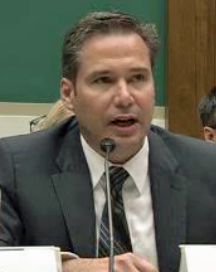SolarCity has announced plans to add 12.8 megawatts of new solar generation capacity to provide solar power to an estimated 7,500 military homes at Lend Lease-managed Island Palm Communities throughout the island of Oahu, Hawaii. Military communities include Fort Shafter, Schofield Barracks, Wheeler Army Airfield, Aliamanu Military  Reservation, Helemano Military Reservation and Tripler Army Medical Center in Hawai’i. The projects are the latest to be announced under SolarCity’s SolarStrong initiative, a five-year plan to build more than $1 billion in solar projects to provide power to up to 120,000 military homes in the United States.
Reservation, Helemano Military Reservation and Tripler Army Medical Center in Hawai’i. The projects are the latest to be announced under SolarCity’s SolarStrong initiative, a five-year plan to build more than $1 billion in solar projects to provide power to up to 120,000 military homes in the United States.
“Hawai’i is dependent upon petroleum for approximately 75 percent of its energy needs, making the military’s further adoption of solar a win for national security as well as the environment,” said Aaron Gillmore, SolarCity’s vice president of solar development.
In addition to SolarStrong, SolarCity is pursuing a veteran hiring initiative as part of its Workforce Development program. The company currently employs more than 100 veterans in various positions, including IT, sales, managerial, administration, design and installation. SolarCity has partnered with several veteran programs across the country, including Veteran Affairs national offices, JPMorgan Chase & Co’s ‘100,000 Jobs Mission,’ Swords to Plowshares, The California National Guard, The California Conservation Corps and Veterans Green Jobs. SolarCity was recently recognized by the Employment Development Department (EDD) and the California Employer Advisory Council (CEAC) for “outstanding service in the employment of veterans” for the year 2013 and also received the “Outstanding Industry Partner Award” from Veterans Green Jobs.










